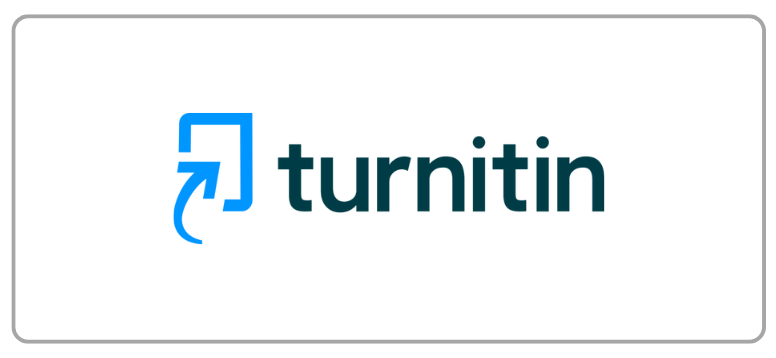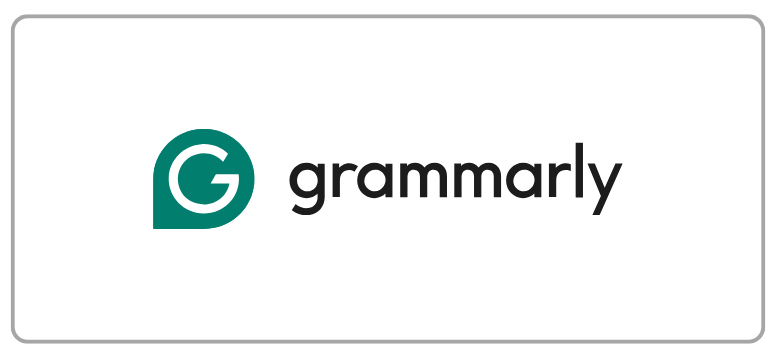Qualitative Review of Academic Advising Perceptions: Some Students Satisfied and Need It, Some Don’t
DOI:
https://doi.org/10.21512/humaniora.v13i3.8046Keywords:
academic advising, qualitative study, story circleAbstract
The research presented experiences in seeking academic advising patterns that produce satisfaction, urgency, and students’ academic and personal development at a university in Bandung, Indonesia. Data were collected using the story circle method. Four questions, including the meaning of advising, memorable experiences, perception of the process and advisors, and student expectations, were asked to answer the two main research questions. The two main questions involved the meaning and benefits of advising and satisfaction. A total of 57 respondents divided into seven groups of story circles were selected as participants using a purposive sampling method. Data were analyzed using a hierarchical Cresswell approach, starting from transcription, coding, categorizing, and developing themes. The results show that some students are satisfied with academic advising, but others feel dissatisfied even though it is important. The results also show that most advisors have created meaningful and memorable stories supporting student academic achievement. However, the relationship between lecturers and undergraduates determines the satisfaction level. The managers suggest from the research that it is necessary to hold coaching and counseling, training for advisors, and set a minimum procedural standard, including equating online communication channels because it minimizes the inequality of students’ satisfaction.Â
References
Chemishanova, M. (2018). International students’ expectations of and satisfaction with academic advising at a community college. Theses and Dissertations. Florida: University of Florida.
Cheung, R. Y. S., Siu, A. M. H., & Shek, D. T. L. (2017). Survey of needs and expectations for academic advising in a Hongkong University. NACADA Journal, 37(2), 21-32. https://doi.org/10.12930/nacada-15-047.
Cresswell, L., Hinch, R., & Cage, E. (2019). The experiences of peer relationships amongst autistic adolescents: A systematic review of the qualitative evidence. Research in Autism Spectrum Disorders, 61, 45-60. https://doi.org/10.1016/j.rasd.2019.01.003.
Donaldson, P., McKinney, L., Lee, M., & Pino, D. (2016). First-year community college students’ perceptions of and attitudes toward intrusive academic advising. NACADA Journal, 36(1), 30-42. https://doi.org/10.12930/nacada-15-012.
Ellis, K. C. (2014). Academic advising experiences of first-year undecided students: A qualitative study. NACADA Journal, 34(2), 42-50. https://doi.org/10.12930/nacada-13-001.
Harris, T. A. (2018). Prescriptive vs. developmental: Academic advising at a historically black university in South Carolina. NACADA Journal, 38(1), 36-46. https://doi.org/10.12930/nacada-15-010.
Hart-Baldridge, E. (2020). Faculty advisor perspectives of academic advising. NACADA Journal, 40(1), 10-22. https://doi.org/10.12930/nacada-18-25.
Ismail, A., Roslan, L., Ismail, H. B., & Salleh, N. A. M. (2021). Students’ satisfaction towards academic advising service. Asian Journal of University Education, 17(3), 291-298. https://doi.org/10.24191/ajue.v17i3.14497.
Junita, I., Kristine, F., Limijaya, S., & Widodo, T. E. (2020). A study of undergraduate students’ perception about academic advising in an Indonesian University. Humaniora, 11(2), 129-135. https://doi.org/10.21512/humaniora.v11i2.6490.
McGill, C. M. (2021). Toward a substantive theory of the academic advising process: A grounded theory. NACADA Journal, 41(1), 94-105. https://doi.org/10.12930/nacada-18-36.
McGill, C. M., Ali, M., & Barton, D. (2020). Skills and competencies for effective academic advising and personal tutoring. Frontiers in Education, 5, 135. https://doi.org/10.3389/feduc.2020.00135.
McGill, C. M., Duslak, M. P., & Puroway, A. (2020). Entering academic advising. Journal of Academic Advising, 2, 3-10. https://doi.org/10.14434/jaa.v2i1.27416.
Pargett, K. K. (2011). The effects of academic advising on college student development in Higher Education. Theses/Dissertations. Nebraska: University of Nebraska - Lincoln.
Ryzin, M. V. (2010). Secondary school advisors as mentors and secondary attachment figures. Journal of Community Psychology, 38(2), 131-154. https://doi.org/10.1002/jcop.20356.
Saba‘Ayon, N. (2015). Academic advising: Perceptions of students in a Lebanese University. IJAEDU- International E-Journal of Advances in Education, 1(2), 118-126. http://dx.doi.org/10.18768/ijaedu.26010.
Sherlywati, S., Junita, I., Kristine, F., & Wisamtamma, E. (2021). Perbedaan persepsi bimbingan akademik mahasiswa pada sebuah perguruan tinggi swasta di Indonesia. Jurnal Manajemen Maranatha, 20(2), 119-134. https://doi.org/10.28932/jmm.v20i2.3133.
Simangunsong, E. (2020). Learning style preference: Results of repetitive cross-sectional surveys in an higher education institution. JPI (Jurnal Pendidikan Indonesia), 9(4), 730-741. https://doi.org/10.23887/jpi-undiksha.v9i4.21414.
Tobi-David, R., Adekeye, O., & Odukoya, J. (2018). Comparative study of academic advising Practice in Public and Private Universities in Nigeria. ICERI2018 Proceedings, 1(November), 2538-2546. https://doi.org/10.21125/iceri.2018.1561.
Walker, R. V., Zelin, A. I., Behrman, C., & Strnad, R. (2017). Qualitative analysis of student perceptions: “Some Advisors Care. Some Don’t.†NACADA Journal, 37(2), 44-54. https://doi.org/10.12930/nacada-15-027
Winham, I. P. (2020). Advising pre-dead students: The task of critical advising today. Journal of Academic Advising, 2, 11-20. https://doi.org/10.14434/jaa.v2i1.27614.
Downloads
Published
How to Cite
Issue
Section
License
Copyright (c) 2022 Sherlywati, Fanny Kristine, Imelda Junita

This work is licensed under a Creative Commons Attribution-ShareAlike 4.0 International License.
Authors who publish with this journal agree to the following terms:
a. Authors retain copyright and grant the journal right of first publication with the work simultaneously licensed under a Creative Commons Attribution License - Share Alike that allows others to share the work with an acknowledgment of the work's authorship and initial publication in this journal.
b. Authors are able to enter into separate, additional contractual arrangements for the non-exclusive distribution of the journal's published version of the work (e.g., post it to an institutional repository or publish it in a book), with an acknowledgment of its initial publication in this journal.
c. Authors are permitted and encouraged to post their work online (e.g., in institutional repositories or on their website) prior to and during the submission process, as it can lead to productive exchanges, as well as earlier and greater citation of published work.
USER RIGHTS
All articles published Open Access will be immediately and permanently free for everyone to read and download. We are continuously working with our author communities to select the best choice of license options, currently being defined for this journal as follows: Creative Commons Attribution-Share Alike (CC BY-SA)


















